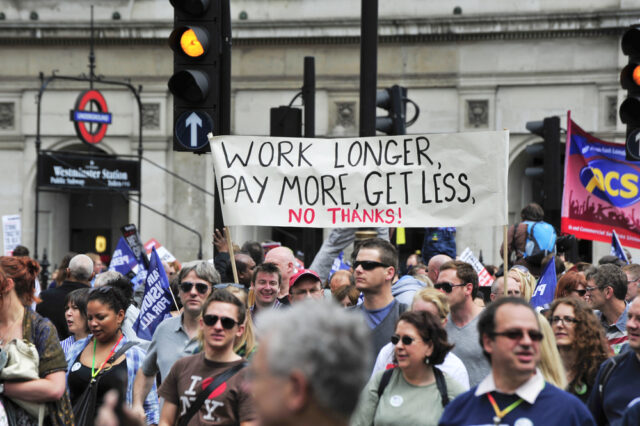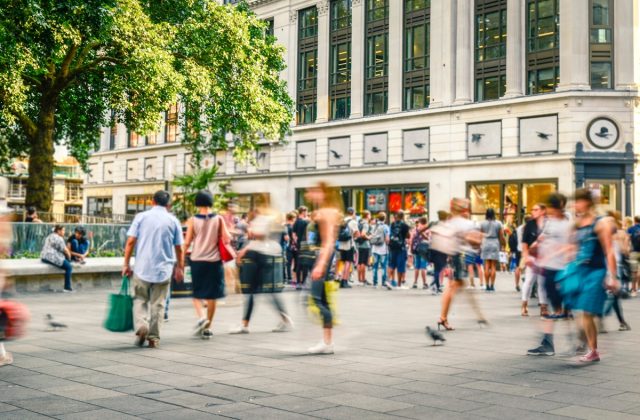June 06, 2025
6 in 10 Americans Won’t Pay More Than 10% Extra Due to Tariffs

According to new data from ESW, six in ten U.S. consumers say they won’t tolerate more than a 10% price increase due to tariffs. This shows the growing sensitivity to rising costs and a shift in how Americans expect retailers to respond.
Consumers aren’t just looking for discounts anymore—they want free shipping, loyalty perks, and honest communication about why prices are going up.
“Market volatility and increased costs due to tariffs are causing U.S. shoppers to change their spending habits,” said Eric Eichmann, chief executive officer, ESW. “Our data finds that younger, Gen Z consumers are far more likely than older Boomers to feel unprepared for price hikes, and have already curtailed their spending in anticipation.
The pressure is already reshaping behaviour, as 70% of all U.S. shoppers say they will cut back on spending when tariffs hit, with Millennials leading the charge. Nearly 8 in 10 Millennials plan to reduce their spending, followed by Gen Z, many of whom have already begun adjusting their buying habits. Interestingly, 54% of Boomers say they’ll stop purchasing certain imported products altogether, revealing a more selective, defensive approach among older consumers.
In contrast, Gen Z is spending now to avoid higher prices later, with 58% of this generation accelerating purchases of big-ticket items like smartphones, laptops, and even champagne in anticipation of looming tariffs. Overall, 45% of all consumers have front-loaded spending on electronics, while 37% have stocked up on groceries, highlighting a unique blend of high-tech and household essentials taking priority.
Discretionary Spending is to Take the Biggest Hit
Nearly 7 in 10 consumers (68%) say they’ll scale back on electronics, 61% will reduce spending on clothing and accessories, and 51% are cutting down on home goods. Yet some items remain non-negotiable: 33% of shoppers say they’ll continue buying pet supplies regardless of tariffs, second only to groceries.
To help manage price surges, Millennials are 36% more likely than other generations to prefer Buy Now, Pay Later (BNPL) options, even if it means slightly higher costs overall. This signals a growing openness to alternative payment methods that provide immediate financial flexibility, even at a premium.
Impact on Luxury Brands
Luxury brands are also seeing benefits from global online shopping. One in four luxury shoppers makes purchases outside their home countries, driven by lower total costs, including tax and shipping. More than 46% of cross-border shoppers say they buy internationally because it’s cheaper than buying domestically.
However, even with increasing awareness of environmental and ethical concerns, price is still key. While two-thirds of consumers say they try to shop more sustainably, over 52% admit they won’t pay more for eco-friendly products. That said, over half still factor in the environmental and ethical impact of items, showing a complex, values-driven—but price-sensitive—consumer mindset.
Looking ahead, 32% of global shoppers expect to spend less online in 2025, citing financial caution. Saving money is the top reason (58%), followed by general economic unease (36%), and the rising cost of essentials like food (32%).
From spending pullbacks to cross-border bargain hunting, the message is clear: price sensitivity is rising, loyalty is conditional, and the brands that succeed will be those that offer flexibility without compromising trust.



